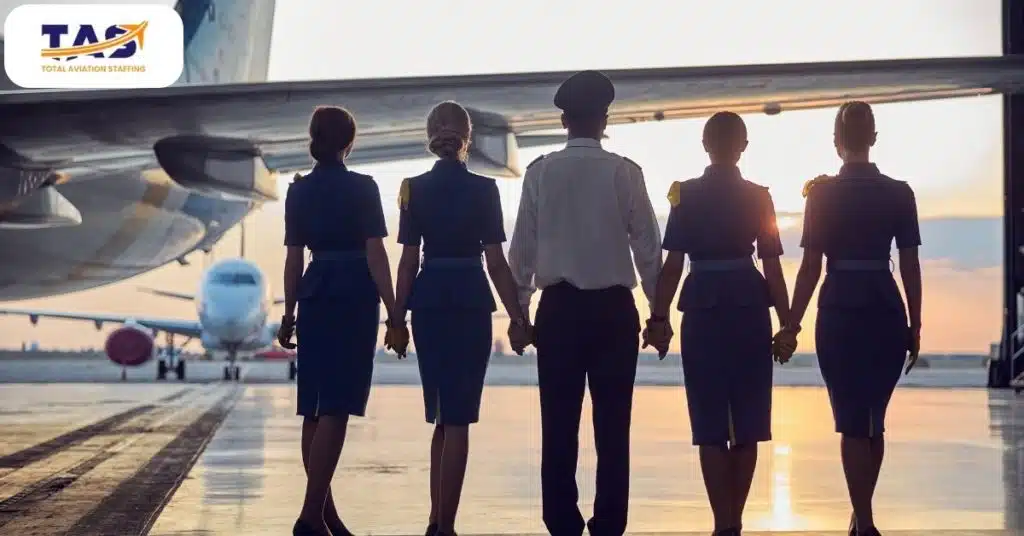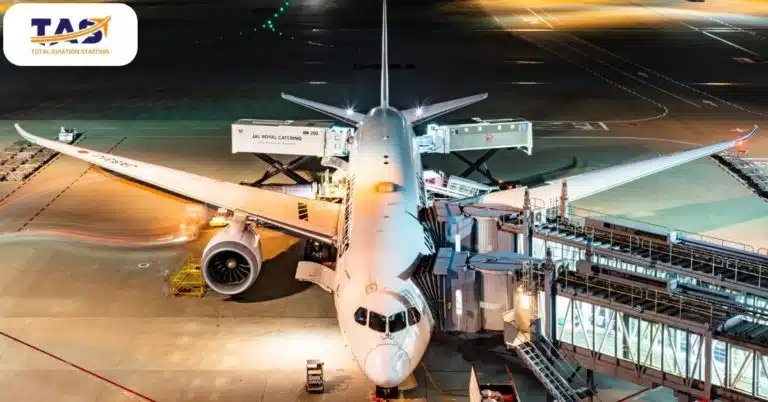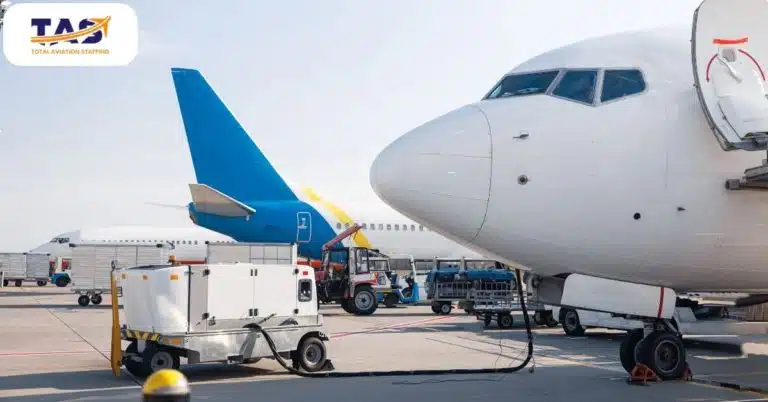Challenges and Opportunities in the Aviation Industry

The aviation industry is facing both challenges and opportunities in the current economic climate. Airlines are struggling to stay afloat, while pilots and other aviation professionals are seeing their job prospects diminish. However, there are still many opportunities for those with the skills and determination to succeed.
In this blog post, we’ll explore some of the challenges and opportunities in the aviation industry, and offer advice on how to make the most of your career in this exciting field.
The aviation industry is constantly changing, making it both a challenge and an opportunity for those working in the field
Change is often a source of stress and confusion to many people, but for those working in the aviation industry, it can actually present an exciting opportunity. New advances in technology are pushing the boundaries of what’s possible in flight, creating faster and more efficient ways of traveling.
Keeping track of all these changes is a challenge, but understanding the latest developments can open up a world of possibilities for professionals working in the field. Innovative ideas can revolutionize the aviation landscape, shaking up existing practices and propelling the industry towards new frontiers.
For those willing to embrace change, there are ample opportunities to achieve greater success through increased efficiency or creative solutions. The aviation industry is continuously evolving; if you stay ahead of the game by educating yourself about modern advances, you’re sure to find even more avenues for success than ever before!

One of the biggest challenges is the high cost of fuel, which can make flying very expensive
Most of us have experienced the seasonably high cost of airline tickets, which can make traveling exponentially more expensive than when we were young. Unfortunately, one of the major factors in these ticket prices is fuel costs.
When it comes to aviation, the weight of each plane really affects the overall fuel consumption and associated costs. The heavier a plane is, the more fuel it consumes and this directly impacts the cost for airlines. With such a challenge facing them, many airlines are actively finding ways to reduce fuel consumption and thereby reduce overall ticket prices. This includes streamlining aircraft design by swapping out heavier components for lighter materials as well as implementing advanced engines that use less energy with increased output power.
Through this research and development, we’re hoping that overall ticket prices will start coming down in time and make flying accessible to more people around the world. On top of this, new technologies are being developed which aim to further reduce fuel waste through accurate navigation systems and optimized flight paths.
While some of these projects haven’t come to fruition yet, each step forward helps us better understand how to efficiently use fuel in aviation, thus making flights more affordable in the long run. That’s why addressing this issue as an industry is essential as we look toward a brighter aviation future!

Another challenge in the aviation industry is the ever-changing security regulations, which can make travel difficult
Navigating the world of aviation and security regulations can be intimidating. For travelers, it often feels like an ever-changing landscape of rules and requirements that can grow complex very quickly. Moreover, when unfamiliar with aviation regulations, travelers may find themselves unable to understand what is expected of them, or worse yet, unknowingly face legal sanctions for failure to comply with the most recent updates.
It’s understandable that many people can feel overwhelmed. Thankfully, there are steps that individuals can take to make sure they understand the current regulations governing travel and stay in compliance while flying. Making use of updated websites such as those run by airports or maintained by civil aviation authorities helps to ensure travelers have access to up-to-date information regarding airport security requirements and restrictions.
Additionally, most carriers now offer links to their particular policies on their websites, so it’s important for passengers to check these pages before each trip. All in all, staying abreast of always-evolving security regulations is a challenge but one that any savvy traveler should rise to meet!
By arming yourself with the latest information about necessary documentation, dress codes at security checkpoints, and other relevant topics you can help make your flight experience much smoother and more enjoyable. Despite its complexities, conquering aviation security ultimately leads to improved air travel experiences for all passengers.

Despite these challenges, there are many opportunities in aviation
The aviation industry is full of opportunities for those looking to make a difference in our world. From technological advancements that reduce fuel waste and environmental impacts to redefining how we think about travel security, there are many ways to contribute and be part of the solution.
For example, some people have found success in developing efficient aircraft designs, creating more sustainable fuel sources, and implementing better engineering practices that reduce waste and costs.
On the other hand, others have taken on leading roles in changing public perception about air travel security by increasing education initiatives and helping travelers to better understand the regulations they face when flying. Whichever route you take, know that your efforts can make a real impact and contribute to a safer, more efficient aviation industry!

In conclusion
The aviation industry is steeped in possibility and potential. Despite the various challenges that can arise when it comes to fuel efficiency and security regulations, these issues can be addressed through thoughtful consideration, innovative technology, and greater public education. It is only by coming together as an industry that we can overcome these hurdles and create a better future for aviation and the world at large.
Thanks to all of us who are working in the aviation industry, we have the power to make a difference and ensure that our skies remain safe and efficient for generations to come!
